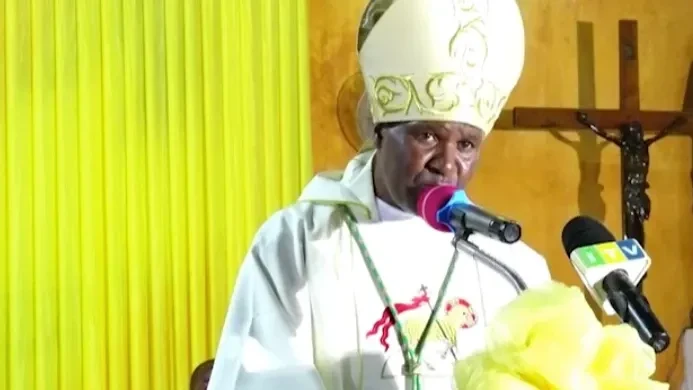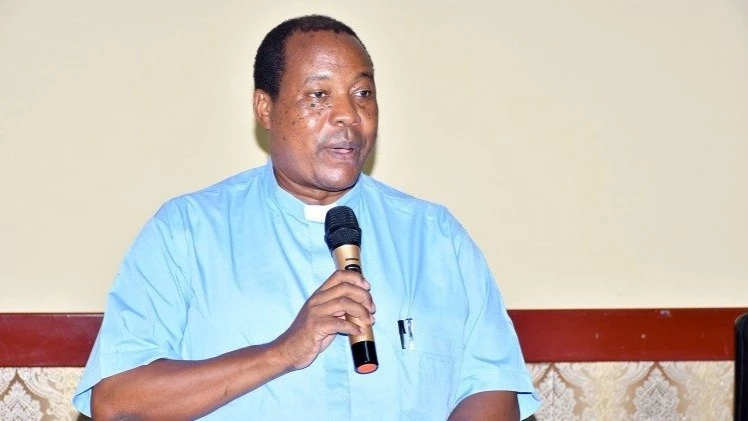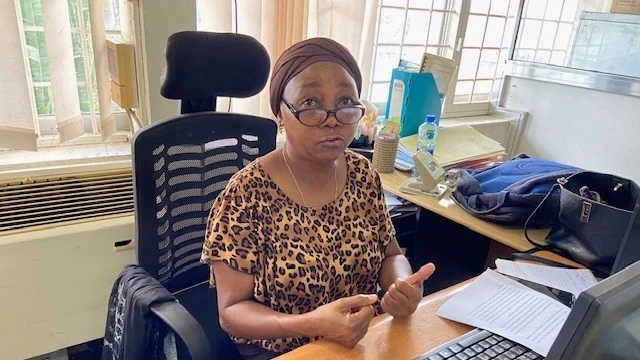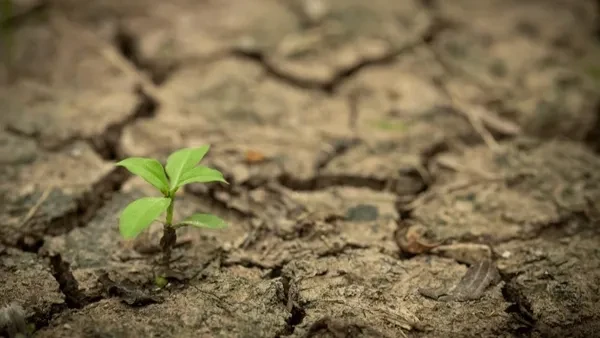Community-led clean-up enhancing climate resilience in Dar es Salaam
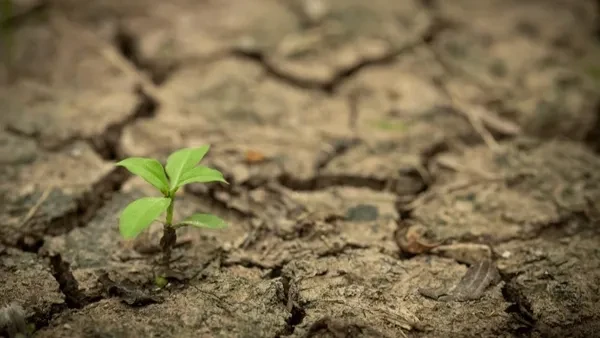
RESIDENTS of Mji Mpya Street in Mnyamani Ward, Ilala District, Dar es Salaam, are actively promoting cleanliness and environmental conservation. A recent large-scale clean-up campaign took place along Kijiwe Nongwa Road, a key route used daily by hundreds of residents
The clean-up which brought together community members, local government officials, and various stakeholders was organised by the Centre for Community Initiatives (CCI), under the Developing Risk Awareness through Joint Action (DARAJA) project.
The initiative aimed to clear debris, unblock stormwater drains, and improve the flow of rainwater to reduce flooding risks.
The DARAJA project, funded by the UK’s Department for International Development (DFID) and implemented by CCI in collaboration with the Tanzania Federation for the Urban Poor (TFUP), is part of the UK Met Office’s Weather and Climate Information Services for Africa (WISER) programme, through Resurgence UK.
Mussa Raido, a researcher at CCI, explained that the clean-up was part of a broader strategy to build climate resilience. “Through DARAJA, we help informal settlements like Mji Mpya establish systems for early warning, risk communication, and preparedness. Clean drains, clear streets, and informed citizens are essential for resilience,” he said.
The event saw strong community participation, with residents gathering early to sweep roads, remove waste, and clear stormwater drains. Youth groups took the lead, collecting plastic waste and distributing flyers on how maintaining clear drains can prevent flooding and other climate-related issues.
Raido highlighted the importance of grassroots initiatives for urban climate adaptation. “When communities lead their own solutions, the impact is lasting. This clean-up is an example of how small actions can make a big difference in protecting health and livelihoods,” he said.
Anuary Juma, Chairperson of Mji Mpya Mtaa, praised the initiative, emphasising its role in building resilience to climate change. “Today, we are not just cleaning; we are protecting our homes and future. With unpredictable rains, we must take proactive steps to prevent flooding and disease,” he said.
Juma also thanked CCI for organising the event, noting their support in mobilising residents and providing resources. He called for continued collaboration between local authorities, civil society, and community groups to strengthen climate resilience across Dar es Salaam's informal settlements.
Residents expressed optimism that ongoing drainage maintenance, combined with environmental education, would mitigate climate change impacts. “The drains have been blocked for months,” said Mwanaidi Athumani, a resident. “Every time it rains, we fear flooding. Today, we’re taking action ourselves.”
Hamis Amani, another resident, emphasised that the clean-up not only addressed immediate concerns but also strengthened community bonds. “This isn’t just about clearing drains; it’s about showing that when we work together, we can solve our own problems,” he said.
Mtumwa Maftaha, the environmental chairperson at Mji Mpya Mtaa, noted that the initiative improved the neighbourhood’s image and motivated more residents to engage in long-term conservation. “What we’ve done today sends a strong message that we care about our environment and safety. This volunteer spirit will inspire more sustainable practices and resilience to future climate challenges,” she said.
Maftaha stressed the need for continued collaboration between local leaders, residents, and municipal authorities to ensure progress is maintained.
The DARAJA project aims to close the gap between formal climate forecasting systems and the daily challenges faced by residents in urban informal settlements, as Tanzania experiences increasingly erratic rainfall and severe flooding.
Top Headlines
© 2025 IPPMEDIA.COM. ALL RIGHTS RESERVED











